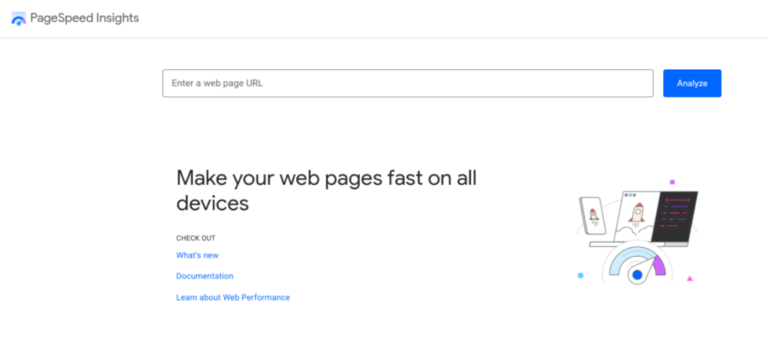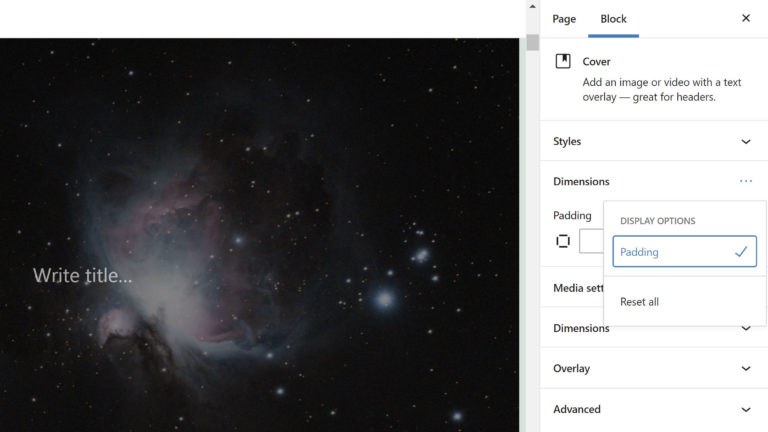
Gutenberg 13.7 Expands Custom Template Capabilities, Adds Estimated Reading Time to Info Panel
…Full post on WP Tavern
Read Full

…Full post on WP Tavern
Read Full

Imagine a more open web where people can switch between any platform of their choosing. A web where being locked into a system is a thing of the past. This is the web I’ve always wanted to see. That’s why I announced a new initiative called Data Liberation for 2024. Migrating your site to WordPress,…

Advanced Custom Fields (ACF) has released version 5.10, the first major release since the plugin was acquired by Delicious Brains. It introduces several new features that were previously experimental, closing out tickets that were started by previous owner Elliot Condon. The release enables HTML escaping by default, which helps prevent Cross-Site Scripting (XSS) attacks. It…

If you want your website to rank well in search engines, it’s important to prioritize Google’s Core Web Vitals. These key metrics help you assess your website’s performance and experience. Unfortunately, if your site has low scores, it can hurt your Search Engine Optimization (SEO). Fortunately, there are a variety of steps you can take…

Earlier today, Gutenberg 11.3 landed in the WordPress plugin directory. The latest update introduces a new dimensions panel for toggling spacing-related block options. The Button block now supports the padding control, and the Post Featured Image block has new width and height settings. One of the release’s highlights was a speed improvement for both opening…

The REST API is a universal exchange language that every website and application can use to communicate. It allows you to obtain data from remote sources, e.g., third-party apps, using the so-called HTTP commands – GET, POST, PUT, and DELETE. REST API is flexible software because it returns data in various formats. However, WP REST…

What are must-have, essential pages for every website? Every website consists of different web pages (or at least one, the homepage). However, they are not always the same for every type of site. For example, a website without eCommerce capabilities does not need a shop page. Having one would only confuse and frustrate your audience….